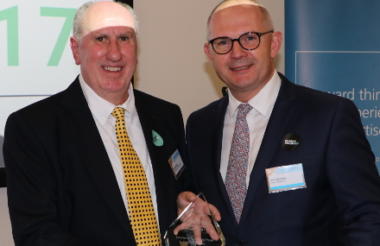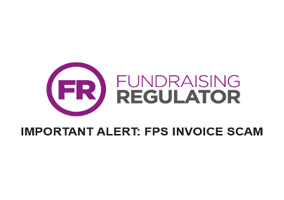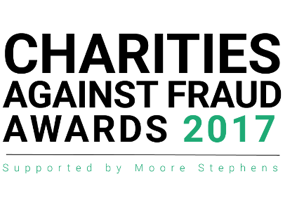Macmillan Cancer Support and Saga Charitable Trust have been announced as the winners of the first Charities Against Fraud Awards, hosted by accountancy firm Moore Stephens and supported by the Charity Commission and Governance & Leadership magazine.
Macmillan scooped the 2017 Excellence Award for Tackling Fraud Against Large Charities, while Saga won in the Small Charities category. The awards took place as part of Charity Fraud Awareness Week.
Macmillan was honoured for its foresight two years ago to appoint a dedicated counter-fraud manager. Since his appointment, Bob Browell has successfully raised fraud awareness across the charity, resulting in a sharp increase in the numbers of referrals and cases the charity now deals with.
He also introduced a civil recovery process to recover monies lost, which is now embedded as part of the fraud response plan. This is used where people raise money for the charity through fundraising events but then fail to pass it on to the charity. Macmillan has recovered £168,788 since piloting the process two years ago, as well as a further £10,000 for two other charities where money had been raised on behalf of more than one charity at the same event.
The awards judges described the use of a civil recovery process as a “reasonably unique approach that other charities should consider”.
Browell told Governance & Leadership that charities get little satisfaction from seeing people prosecuted; what they mostly want is the money back. And fraudsters are often more afraid of having a county court judgment registered against them than they are of a criminal prosecution and suspended sentence, he added.
Saga Charitable Trust won its category for the rigorous due diligence process it deploys to examine prospective grant recipients overseas. Saga gives away around £120,000 a year to small local NGOs, particularly in high-risk countries. Before agreeing grants, the charity applies a cross-team three-stage approach to due diligence, ranging from basic checks through to audited accounts and use of in-house financial crime expertise.
Welcoming guests to the awards ceremony last night, Nick Simkins, head of not-for-profit at Moore Stephens, quoted some new City of London Police figures which demonstrated the scale of fraud against charities in the UK.
In the last six months, police have investigated 298 victim donation cases which have resulted in losses of £200,000 each month. In the same period there have also been 823 cases of employee fraud, including one where a trustee stole £1.2m, and over 4,000 reports of ‘CEO fraud’ – where money transfer requests are received from fraudsters purporting to be senior members of staff. The value of these is averaging around £12m a month at present, Baker said.
He also recounted a case where Moore Stephens was engaged to investigate the circumstances surrounding a fraud committed by the secretary-general of a “large global charity”, where the person was charged with 69 counts of fraud, theft, corruption and tax evasion. He said the firm made over 80 recommendations for improving that charity’s processes.
Alan Bryce, the Charity Commission’s head of development and operational intelligence, also spoke at the awards. He cited the recent British Crime Survey which showed that over half of all crimes now are committed using computers, and said: “Charities face a big and growing threat and it is only through sharing best practice, as these awards are doing, that we can get two or three steps ahead of the fraudsters.”
He encouraged charities to always report incidents of fraud, suspected or confirmed, to the Commission so that the offenders can be traced and stopped. “Reporting fraud is a crucial element of stopping fraud happening," Bryce said. "Charities have a moral obligation to report frauds.
“One of the myths in tackling fraud is that if you have no cases of reported fraud, you have no fraud. In my 20 years’ experience in the charity and public sectors, most of the organisations that are at highest risk of fraud generally tend to be those who have never reported any fraud. Fraud does occur, even with the best defences, and it’s those charities who are willing to recognise and report it and learn the lessons from it that are really tackling fraud most effectively.”
Related articles











